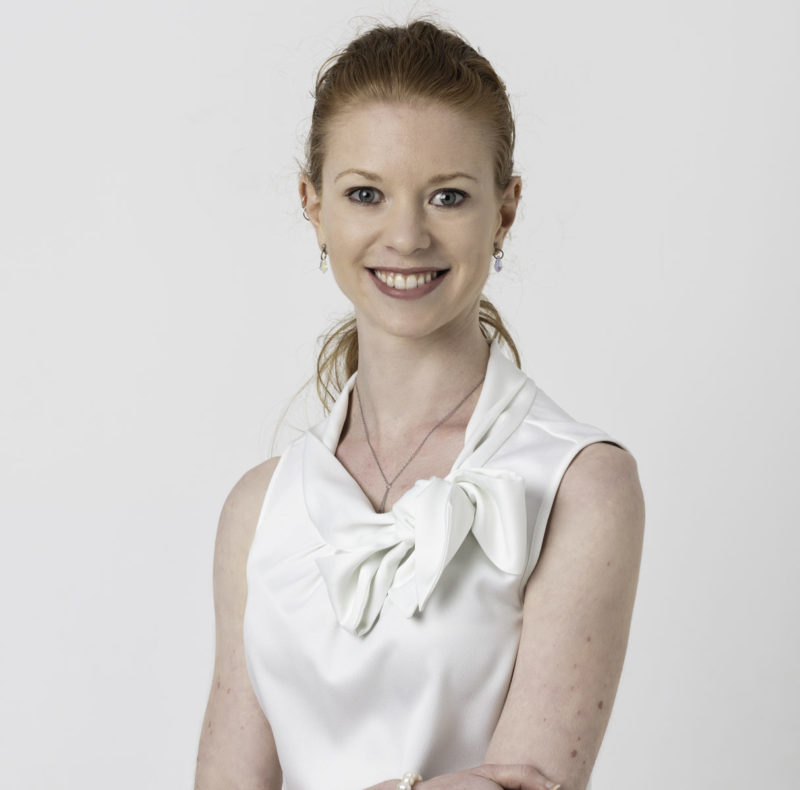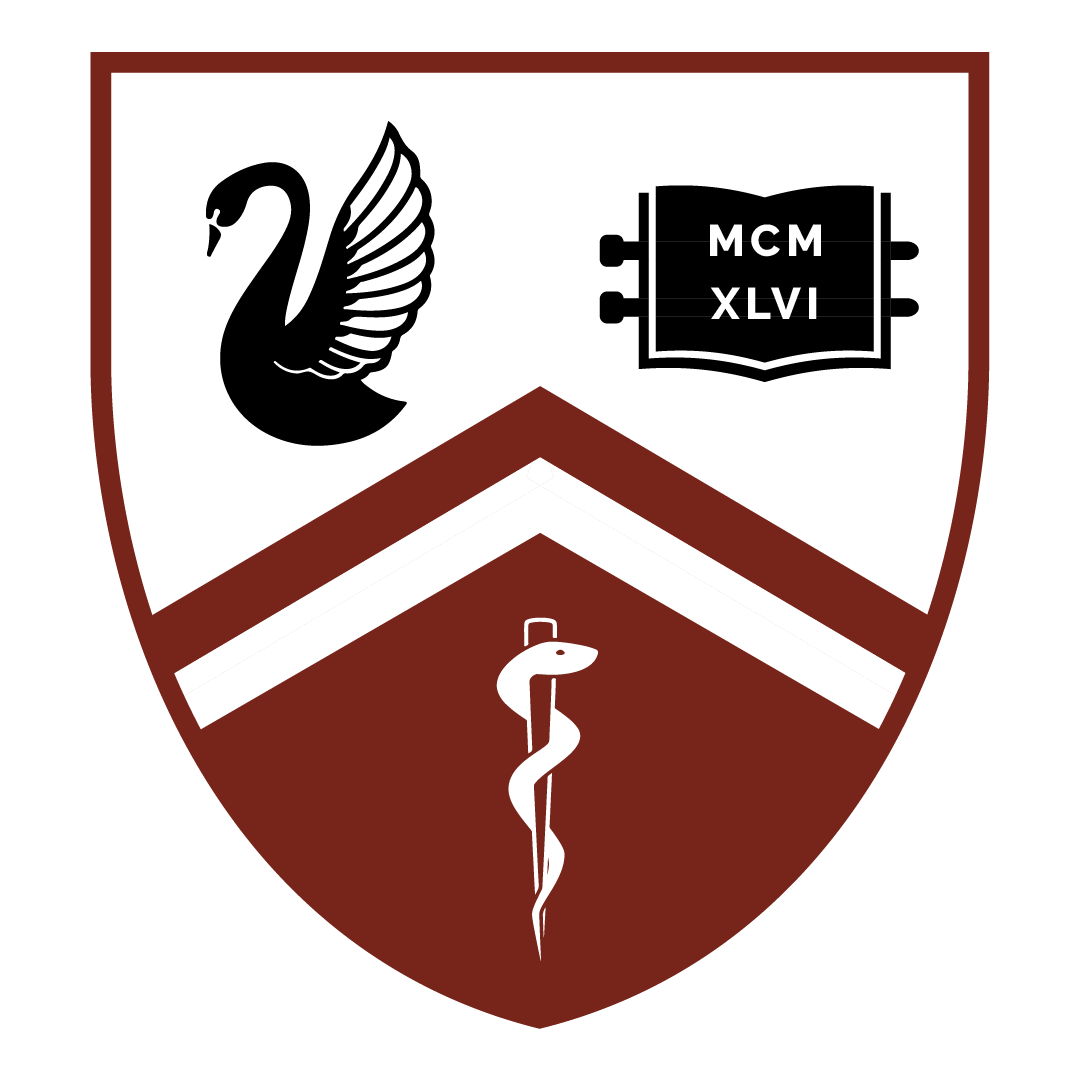Dr Jazmin O'Reilly-Hawes
Post Graduate Medical Council of Western Australia Junior Medical Officer Forum co-chair
Basic Physician Trainee Medical Registrar
Medical students are selected for qualities such as academic prowess and excellence. However, with academic success comes other qualities that, in large amounts, can hinder a doctor. Whilst attention to detail is important when charting medications or writing a good discharge summary, perfectionism can negatively impact our mental health. cash net usa payday loans
Our culture is based on a meritocracy where you are only as important as your achievements and where practice makes perfect. But what happens when we are released out of the academic bubble that is medical school, and into the organised chaos that is our medical system? There is minimal practice in “see one, do one, teach one”. You don’t get A grades in the real world, and many doctors I know struggled with the sudden transition and lack of reassurance that they were doing a good job. As well as this, the competition in medical school does not foster teamwork or cohesion as a group, and leaves you thinking you can’t rely on anyone else.
But being perfect in the real world is exhausting; it means many long hours because you won’t hand the responsibility to the after-hours team, won’t let your co-intern help you with your patients, or don’t trust someone to do a task as well as you. After all this it dawned on me that, to have a better work-life balance and to manage my burnout, I was going to have to trust others to have my back.
Making this change in my life led to an incredible shift. I could trust that any mistake I made (and you will make mistakes at 3 am on your last nightshift, trust me) would be picked up. Whilst you still have to be accountable for your mistakes, there are so many different checks and balances in the hospital system, and nurses have saved me many times. Placing trust in others has led to incredible friendships with my colleagues and has allowed me to relax without worry when I get home. Trust has given me the chance to embrace my uniqueness and quirks, has let me connect more with my patients, and has improved my patient satisfaction. As well as this, by communicating more with nurses and allied health, I am more likely to hear about things that are not in the notes, like patient preferences and patient barriers to discharge.
Being a good doctor isn’t about knowing the third line treatment for a rare disease that you may never come across in your life. It’s about finding out that your patient’s illness means they won’t be able to do their FIFO job so they need a Centrelink certificate filled out before discharge. It’s about prescribing a once a day DOAC rather than a twice daily one because the patient regularly forgets their evening medications. It’s about taking the time to explain what is going on to a patient in a language they understand, so they are more likely to be an active participant in their healthcare. A lot of the time, it’s about explaining a patient’s condition with empathy, and sitting in the rubble with them and their family, as their world falls apart, and they grieve for the good health they have lost. To be a good doctor, we have to work with the individual and their family, within their values, and help to chart a course forward that is in their best interest, not just about telling them the textbook treatment.
Good medicine isn’t about being perfect, it’s about being human, and being human means being perfectly imperfect.

